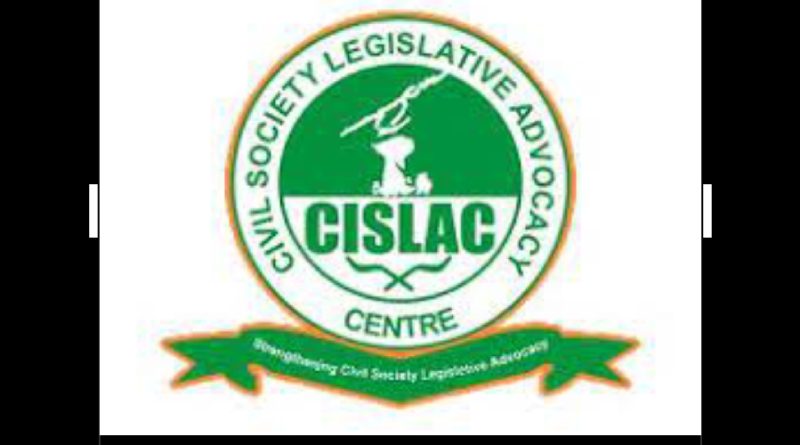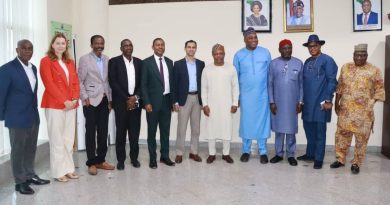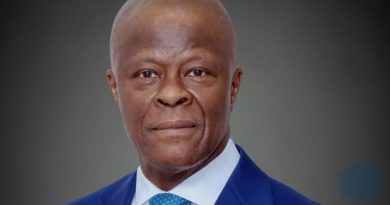CISLAC/TI-Nigeria Urges Immediate Action to Tackle Nigeria’s Urgent Governance Challenges in 2025
Maryam Aminu
As Nigeria prepares for the New Year, the Civil Society Legislative Advocacy Centre (CISLAC) and Transparency International (TI) Nigeria have raised serious concerns about the socio-economic challenges that have affected the country throughout 2024.
Amid the country’s worsening poverty and inequality, the high cost of governance remains a significant burden. Despite the recommendations of the Orosanye Report to reduce costs, Nigeria continues to face excessive government spending, leading to wasteful expenditures and unnecessary duplication of resources.
In a call for immediate government action, the organizations are urging the administration to implement urgent and comprehensive measures in 2025 to address the nation’s ongoing issues and meet citizens’ expectations moving forward.
Throughout 2024, Nigeria witnessed several macroeconomic decisions that significantly impacted the living standards of its citizens, diminishing their financial capacity and purchasing power.
CISLAC/TI-Nigeria emphasized the need for prompt and effective interventions to resolve these challenges and put the nation on a path to sustainable development.
CISLAC/TI-Nigeria called on the government to reassess its priorities, suggesting that funds should be redirected from administrative expenses to critical sectors such as education, health, and infrastructure to spur economic growth.
Comrade Auwal Musa Rafsanjani,
Executive Director, Civil Society Legislative Advocacy Centre (CISLAC)/
Head of Transparency International Nigeria said security remains a major concern for the Nigerian government.
CISLAC/TI-Nigeria urged the administration to prioritize the safety of citizens by adopting international best practices in intelligence gathering, psychological operations, and defense coordination.
The organizations welcomed the focus on security reforms in the 2025 Appropriation Bill but stressed the need for adequate funding to achieve tangible results.
They also called for urgent reforms in the recruitment and deployment processes of security agencies, alongside better remuneration for police and civil defense personnel to improve morale and performance.
CISLAC/TI-Nigeria called for urgent constitutional amendments, political party reforms, and a complete overhaul of Nigeria’s electoral system to address the systemic inefficiencies, political instability, and injustice that plague the country.
The organizations also highlighted the importance of judicial reform, stating that a lack of judicial independence undermines the foundation of democracy. Strengthening these institutions will foster greater accountability and create a political framework that reflects the aspirations of all Nigerians.
The report also highlighted the growing threat of terrorism financing in Nigeria, which has placed the country among the top ten most affected nations according to the 2024 Global Terrorism Index. Weak border security has contributed to the influx of terrorists, illicit arms, and illegal funds.
CISLAC/TI-Nigeria called on the government to strengthen financial regulations and bolster the capacity of anti-corruption agencies to monitor financial flows and prevent terrorism financing and money laundering.
Transparency and accountability are at the core of democratic governance.
CISLAC/TI-Nigeria raised concerns over attempts to undermine anti-corruption agencies like the EFCC, ICPC, and CCB through legal and political maneuvers in 2024.
Rafsanjani urged the government to reaffirm its commitment to these agencies’ operational and financial independence and fully implement anti-corruption laws such as the Money Laundering (Prevention and Prohibition) Act, the Terrorism (Prevention and Prohibition) Act, and the Beneficial Ownership Registry to tackle corruption and improve Nigeria’s standing in the international community.
He also commended the 2024 Supreme Court ruling that barred state governors from mismanaging funds allocated for local governments.
CISLAC/TI-Nigeria further called for constitutional reforms to ensure that local governments have financial and administrative autonomy, which will enable them to deliver effective grassroots development.
Rafsanjani urged the Executive and Legislature to adopt a comprehensive economic blueprint to address Nigeria’s socio-economic challenges.
He stressed the importance of economic diversification through public-private partnerships, particularly in agriculture and industry, to ensure long-term sustainable growth.
With these recommendations in mind, CISLAC/TI-Nigeria calls on the Nigerian government to take swift action in 2025 to address these critical issues, improve governance, and restore citizens’ trust in the country’s democratic institutions.




